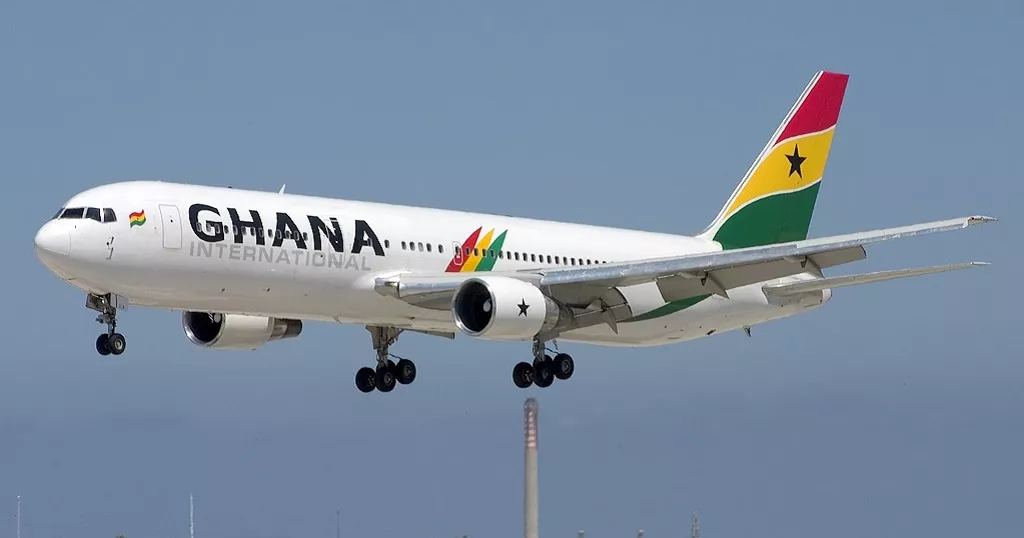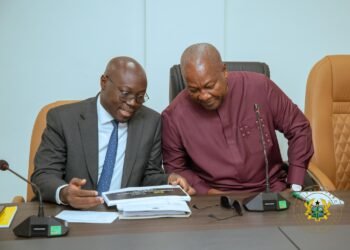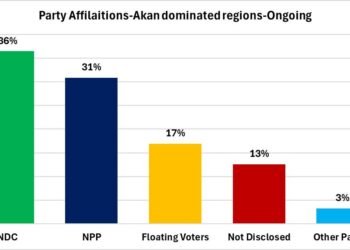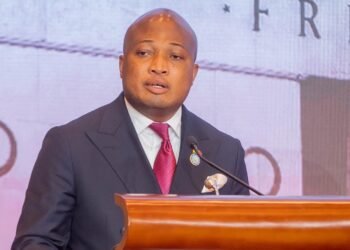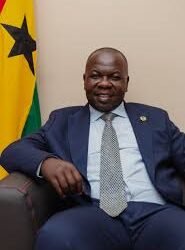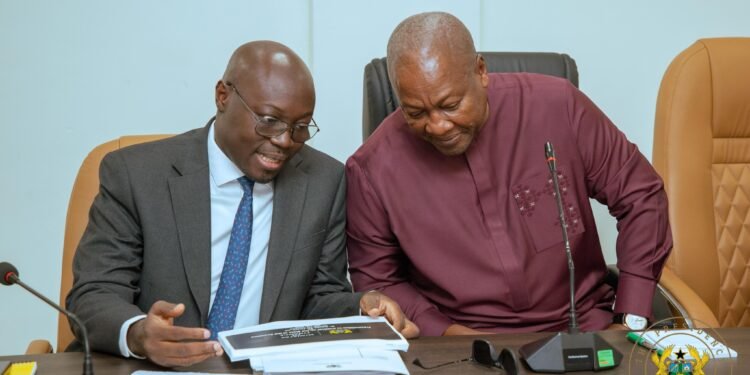In a significant stride toward restoring Ghana’s national pride in the aviation sector, the government has inaugurated a high-level Task Force to spearhead the establishment of a new national airline.
The move signals a renewed and strategic approach to reintroducing a state-supported carrier, following over two decades of failed attempts and the collapse of previous ventures.
A formal communication from the Office of the President directed the inauguration of the Task Force, which is tasked with overseeing the operationalization of Ghana’s national airline project.
The directive forms part of President John Dramani Mahama’s broader aviation development agenda, aimed at positioning the country as a competitive player within the regional and global aviation industry.
The newly constituted Task Force brings together a formidable blend of industry veterans and experienced technocrats.
It is chaired by Mr. Charles Asare, former Managing Director of the Ghana Airports Company Limited, with Mr. Twumasi Ankra Selby, a seasoned aviation expert, serving as Vice Chairman.

Other notable members include Mrs. Yvonne Nana Afriyie Opare, the current Managing Director of Ghana Airports Company Limited; Rev. Stephen Arthur, Director-General of the Ghana Civil Aviation Authority; and Madam Joyce Bawa Mogtari, a former Deputy Minister for Transport and senior Presidential Advisor.
Taskforce’s Mandates
Chief among the Task Force mandate is to finalize a robust business model and operational framework for the new airline, coordinate engagements with strategic and technical partners, ensure regulatory compliance and certifications, and facilitate key initial arrangements such as staffing, fleet acquisition, and route planning.
It is also required to provide periodic reports and recommendations directly to the Office of the President through the Ministry of Transport.
Administrative support is to be prioritized to ensure the group functions with maximum efficiency.
This renewed effort comes against the backdrop of a statement made in April by Transport Minister Joseph Bukari Nikpe during an interaction with staff of the Ghana Civil Aviation Authority.
He acknowledged the severe economic constraints currently facing the government and emphasized that the state alone cannot shoulder the financial burden of establishing a national airline.

Instead, the government is actively pursuing credible partnerships to ensure the sustainability and competitiveness of the proposed carrier.
“We are looking for a partnership to establish a national airline. When it comes to partnership, it will take time. We have to know who they are — to partner with you to bring in a national carrier that will fly for a very long time”.
Transport Minister Joseph Bukari Nikpe
He revealed that a shortlist of potential strategic partners has already been compiled and is expected to be released soon, in line with the government’s commitment to transparency and due diligence.
Ghana’s aviation ambitions have long been hindered by a series of failed attempts to maintain a viable national carrier.
The first, Ghana Airways, collapsed in 2004 after grappling with chronic financial mismanagement. Its successor, Ghana International Airlines, also folded in 2010, plunging the nation into a lengthy period without a national airline.
Several initiatives and proposals by subsequent governments failed to take off, often mired in opaque processes, limited investor confidence, and inadequate planning.
President Mahama’s administration is now seeking to reverse this legacy. In his 2025 State of the Nation Address, he highlighted the re-establishment of a national airline as a top priority for his government.
He was forthright in his criticism of the previous administration’s handling of the project, labeling their efforts as poorly executed and riddled with a lack of transparency.
President Mahama assured the nation of a fresh, transparent, and methodical approach to the airline’s re-establishment.
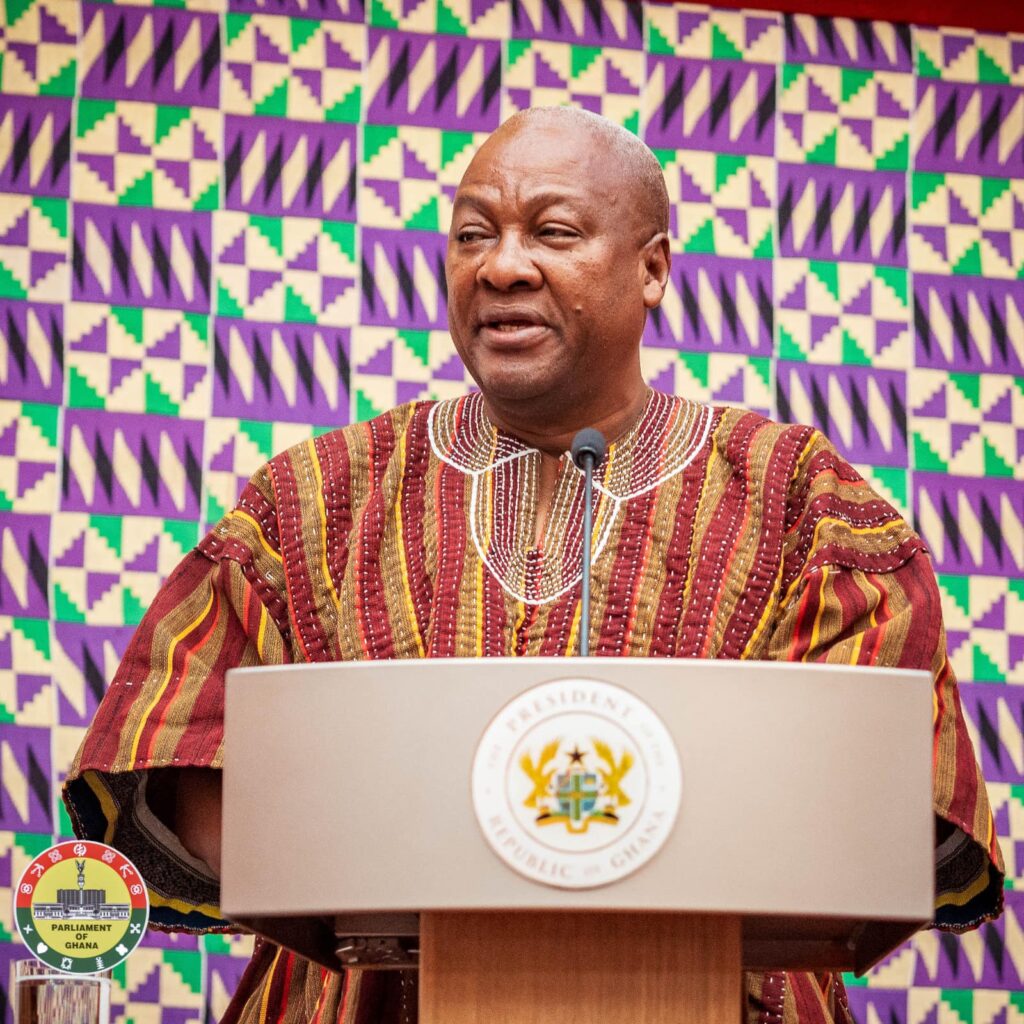
The President announced that the process for expressions of interest would be reopened to invite established and credible aviation entities to collaborate with the government.
According to him, the new approach is designed not only to avoid the costly mistakes of the past but to ensure the emergence of a national carrier that is financially resilient, professionally managed, and internationally competitive.
The inauguration of the Task Force, therefore, marks a concrete and pivotal step in the realization of this vision.
It reflects a pragmatic shift from state-heavy involvement to a public-private partnership model anchored in professionalism and strategic alignment.
If successfully executed, the reintroduction of a national airline could have far-reaching implications for Ghana’s economy.
Beyond enhancing national prestige, it could significantly boost tourism, increase regional connectivity, support trade, and create high-value jobs in the aviation and related sectors.
READ ALSO: Ghana’s Inflation Hits Eight-Month Low

